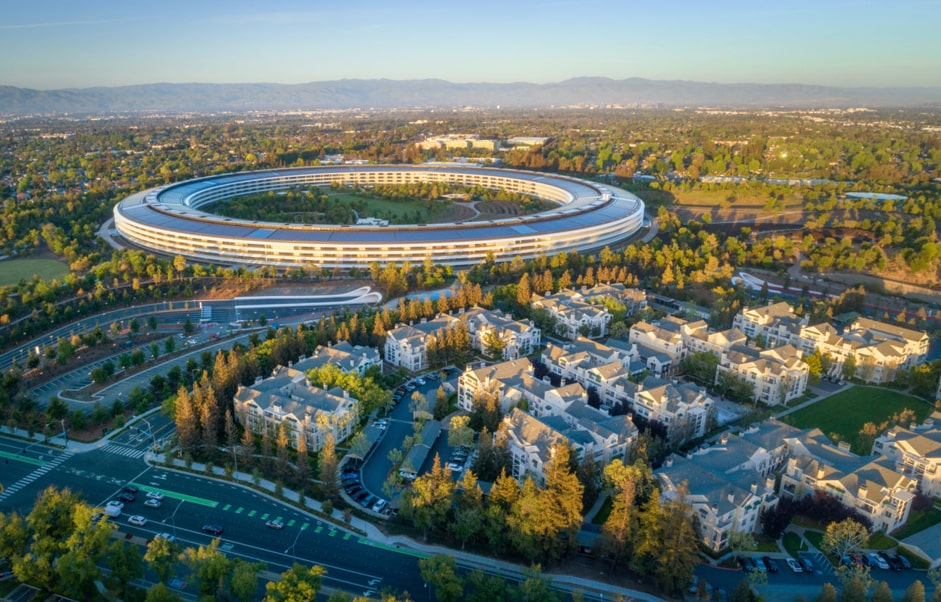
5g Infrastructure could have a positive effect on property prices longer term
There have been many claims in the past that a slow broadband speed could be responsible for eroding 25% off the value of a property
Research by online agent, Housesimple showed that property prices were on average 24% lower on the streets with the slowest broadband speeds compared to the national average.
The chief executive of the NAEA [National Association of Estate Agents], Mark Hayward, has also agreed that slow broadband can definitely impact a property’s price.
ISP Review (an independent UK Internet service reviewer) themselves conducted a survey which revealed that 71% of buyers would reject an “otherwise ideal home” if the available broadband did not meet minimum requirements, while 22% said they would attempt to negotiate a lower price.
London School of Economics has also in the past undertaken a comprehensive report using 15 years of data to see the impact broadband had on house prices for over one million homes. Their study showed that, on average, house prices increased by 3% when broadband speeds doubled.
With the previous findings being related to how the 4G era has impacted property prices we are now looking at the introduction of 5G being introduced more widely in the UK and around the world.
When 4G was introduced in 2010 it brought about a new type of business model through the democratisation of mobile internet services. What we take for granted today would have seemed to far in the future back in 2012. But we embraced the concept of digital and it became a significant driver for economies around the world.
If you look today, the biggest digital fortunes are being captured by the early adopters, namely by the US or China, amongst a few other smaller players.
By investing and scaling 4G networks, innovators had an advantage to test out new ideas, products, services and business models. Entrepreneurs in markets where 4G was slow to scale did not have the same opportunities, and while these digital economies did eventually scale, the international pecking order was already established.
This is why scaling 5G networks faster than other nations is important. 5G technology will bring about a new generation of products, services and business models, but in which country with the internationally dominant players be located? And where will the ecosystems to support these new ideas be concentrated?
Silicon Valley and Seattle are two geographic regions which have grown very wealthy, thanks to the likes of Facebook, Uber, Microsoft, Google and Amazon dominating the 4G era.
Beneath them, on a lower level down, the ecosystems supporting the internet giants are prospering, and more likely to be in areas close to Silicon Valley and Seattle – pushing up the average price of property up in that location.
If in theory, we considered an example where a 5G ecosystem was to develop in Reading, Berkshire due to three new companies becoming the dominant forces in the 5G world (i.e. tomorrows Facebook, Amazon and Google) – the faster these companies grow the more likely neighbouring innovation hubs are likely to appear as the supporting ecosystem and suppliers to these innovative companies. This would result in more jobs, higher employment rates, higher wages – overall prosperity to the local area.
Alongside these technology hubs, supporting industries such as legal and finance would blossom, as would construction to build homes, restaurants to feed people and high streets for shopping and more companies would spring up creating their own research and development facilities in the surrounding areas also.
Cultivating a growth industry offers a surge to the economy and for this reason if the UK get a significant handle on the development of 5G it could bring prosperity to those who live close to these areas, inevitably increasing property prices and underpinning a strong demand for those locations for the longer term, much the same as today’s silicon valley.
